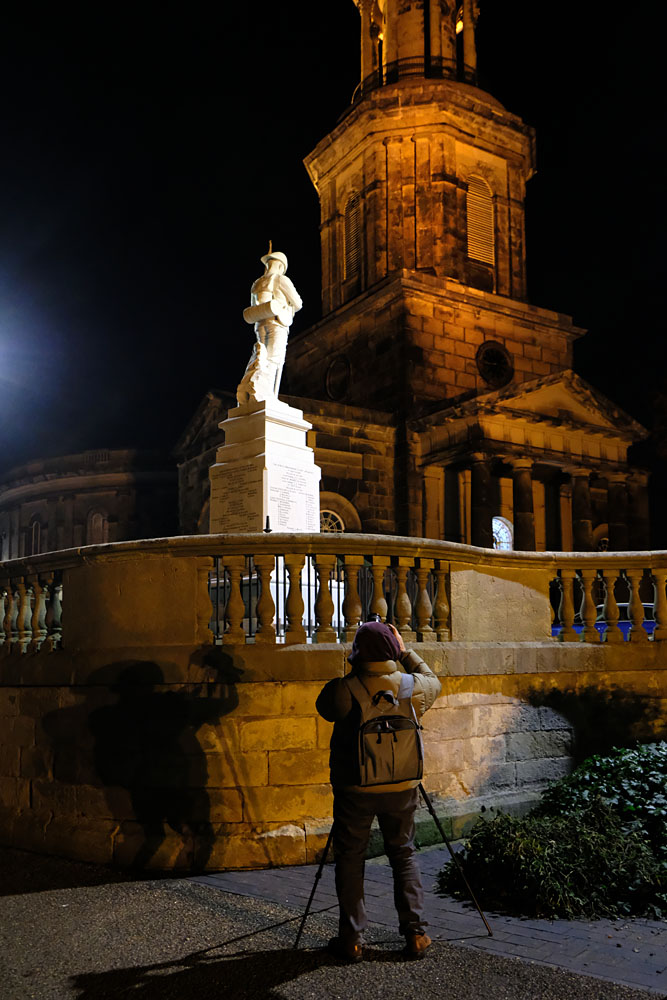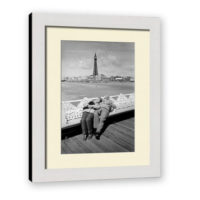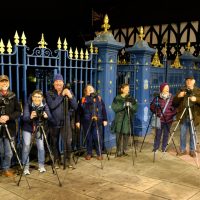When you take a very long exposure during a session of night photography, maybe 20 seconds or more, why does the camera take so long to process the image? This question came up during my latest Night Photography Workshop. The answer involves your camera’s ‘Long Exposure Noise Reduction’ process.

Hot pixels
Well, it’s all about ‘hot pixels’, and how your camera deals with them. During long exposures heat builds up inside the camera and this can cause the appearance of oddly-coloured areas and spots – called ‘hot pixels’ – often near the corners of the frame.
Long Exposure Noise Reduction
In order to help reduce these ‘hot pixels’, your camera goes though a process called ‘Long Exposure Noise Reduction’.
When the camera shutter closes after taking the picture, it actually takes another one, this time a ‘dark frame’ of similar duration. This ‘dark frame’ records only the noise pattern of those ‘hot pixels’. This ‘dark frame’ is then effectively subtracted from the first frame. These two images are then merged to give you one clear image.
Frustrating
It’s all perfectly normal, but the downside to all this processing after your exposure is complete is that it can take as long again before the camera is free to take another picture. So an exposure of 20 seconds can take another 20 seconds to process before the camera can be used again.
Very frustrating when you want to get on with taking pictures.
Drain on batteries
The process can be very draining on both camera batteries and photographer patience, but unless you are prepared to spend time on the computer afterwards, it’s a solution that works for most of us.
On most cameras, the ‘Long Exposure Noise Reduction’ process can be turned off in the menu. But then you will certainly have to use software to reduce those ‘hot pixels’ in post processing.


